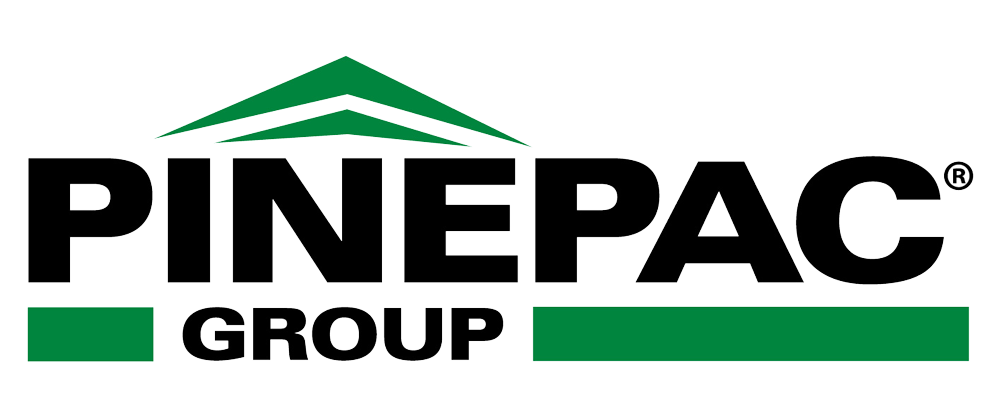Pinepac prioritises environmental responsibility and strives for a net positive impact on the environment. We utilise sustainable resources and advocate for best practice manufacturing methods to uphold this commitment.
At our Roundwood plant, we focus on producing posts and poles from local pine forests, using production thinnings and small logs that would otherwise go to waste. Logs are processed through a peeler to remove bark and some fibers, minimizing taper and rough surfaces. The resulting peelings are repurposed for landscaping, planting, and farm animal winter pads, improving paddock conditions during wet months.
After grading for size and defects, the logs are dried using steam in a pressure vessel and treated with preservative chemicals, such as CCA or ACQ formulations, to protect against insects and fungi. Our treatment plant follows industry best practices, with bunding to prevent chemical spills and regular inspections by regulatory authorities like WorkSafe.
Posts treated to Hazard Class 4 (H4) are typically used for farm fences, vineyards, and small retaining walls, while poles treated to Hazard Class 5 (H5) are designed for structural engineering purposes, such as foundations and large retaining walls. Marine piles are treated to Hazard Class 6 (H6) to resist saltwater organisms and rapid decay due to shifting tides.
For more details on how our products are used by customers, please refer to the links provided below:
